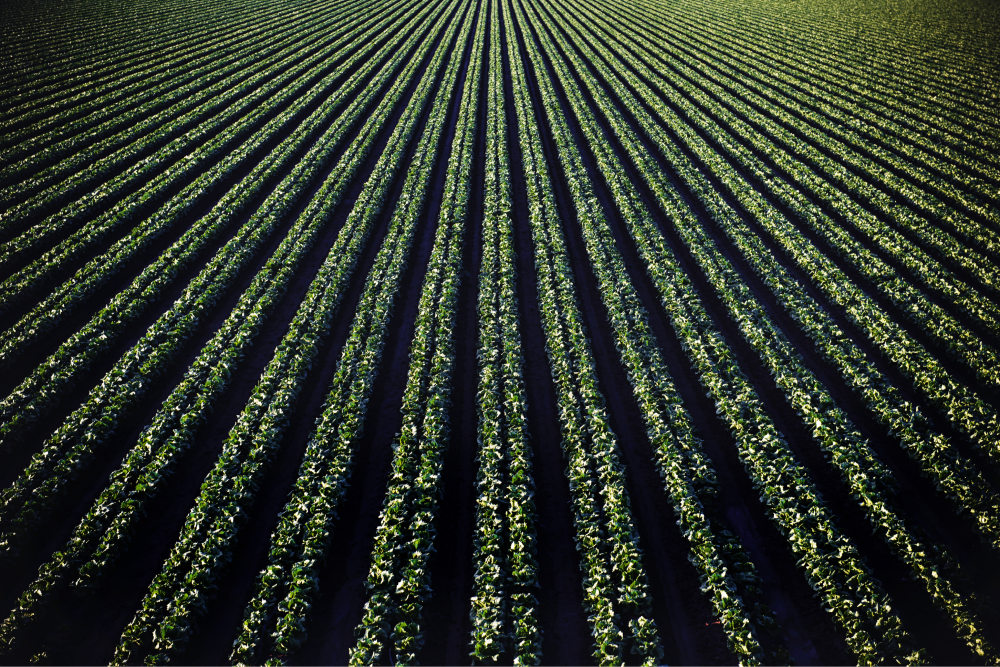Design and implement a water-wise landscape for a residential community, emphasizing drought-tolerant plants, permeable surfaces.


Tailor yield-increasing strategies to specific local conditions.

Identify relevant crops and regional crop rotations early in the project.

Discover what's holding back better yields and understand the unique conditions at each location.

Use the expertise from regional farm advisors and crop data and analysis.

Use project partners' extensive knowledge and data on organic crop yields to establish data quality levels for yield-enhancing strategies.

Develop a shared database to gather on-site/local data from experimental trials and pilot farm networks, alongside environmental, farm management, and economic data from regional statistics.

Review scientific studies and incorporate European data not covered by network partners, including European statistical data on organic land use, and verify it for consistency, and plausibility.


Compile data on organic crop yields and yield-increasing strategies, develop a common data analysis protocol considering temporal stability, and utilize statistical programs for analysis.

Analyze yield stability and variability, evaluate pedoclimatic relevance, assess optimal management conditions, and identify technical constraints on organic yields.

Analyze cost-effectiveness and environmental impacts using FiBL Farm LCA, and discuss findings in regional MSPGs and workshops.

Identify successful farms and share techniques through visits, and collaborate on strategies for EU-level organic yield enhancements.

Conduct cross-country visits and "co-development workshops," and explore strategies based on three scenarios: current trends, agro-ecological intensification, and input intensification.

Calibrate and validate models with statistical analysis and breeding program experiences.

Develop insights on enhancing yields, stability, and yield gaps.

Utilize economic impact assessments focusing on productivity, stability, and efficiency.

Analyze environmental impacts, evaluate trade-offs and synergies, particularly concerning climate change, nutrient use, and food system circularity, and supplement findings with assessments of social impact.


Additional complementary research is required for medium- to long-term yield increases, with a research roadmap to be developed through systematic identification of research efforts.

Politics play a crucial role in driving future yield increases, with Regulation (EU) 2018/848 production rules and CAP support instruments providing opportunities for enhancement.

Condense outcomes of Work Areas 1 and 2, and organize workshops with policy stakeholders to derive recommendations for policy and research.